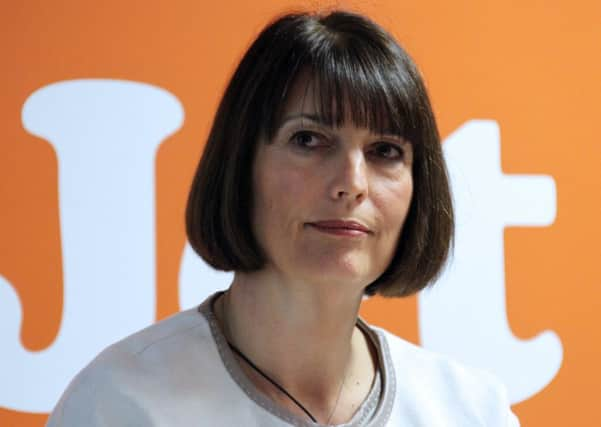EasyJet under fire over executive pay


The carrier has had numerous disputes with its founder and largest shareholder, Sir Stelios Haji-Ioannou, over its pay deals and expansion plans, and said 45 per cent of investors voted against its remuneration policy at yesterday’s annual meeting.
Along with his family, Stelios controls about 37 per cent of the airline, which he founded in 1995 before quitting the board in 2010 after a row over strategy.
Advertisement
Hide AdAdvertisement
Hide AdEasyJet saw pre-tax profits soar almost 51 per cent to £478 million in the year to the end of September, while passenger numbers grew 3.7 per cent to more than four million last month.
In its annual report, published in December, EasyJet revealed that McCall, who took the controls in July 2010, received a total of £6.4m in pay and bonuses for 2013, up from £3.7m the previous year. Total boardroom surged 74 per cent to £10.9m.
Despite the protest over executive pay, McCall received fewer votes against her re-election than any other director – just 63,209, compared with more than 2.2 million for John Barton, who succeeded Sir Mike Rake as chairman in May.
Rake, a former chairman of “big four” accounting firm KPMG, stepped down after three years at the helm, having survived an attempt by Stelios to have him ousted amid a row over his other commitments.
Barton, who also chairs fashion and furnishings retailer Next and Lloyd’s of London insurer Catlin, said: “The board would like to thank our shareholders for their continued support. We look forward to delivering another successful year for them.”
EasyJet last month warned of steeper first-half losses because of the later arrival of Easter. The firm also blamed tough competition and restrictions on travel to Egypt as it predicted a loss of between £70m and £90m for the six months to March, compared with £61m a year earlier.
However, City analysts still expect annual pre-tax profits to rise about 14 per cent to £545m.